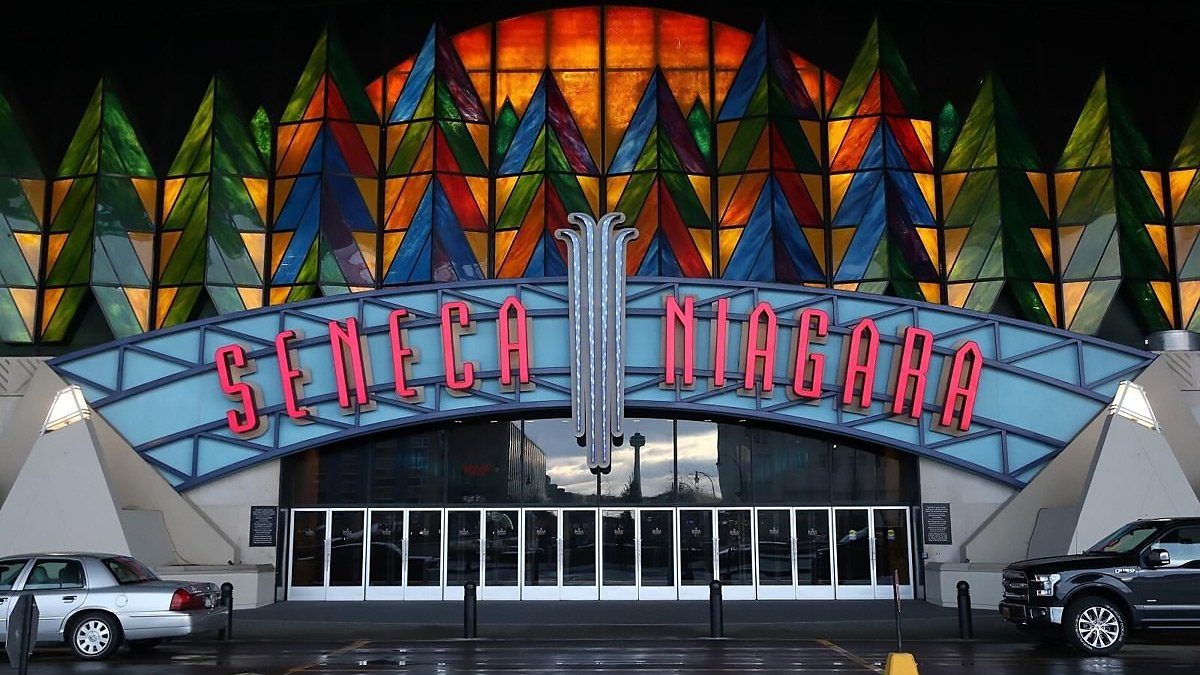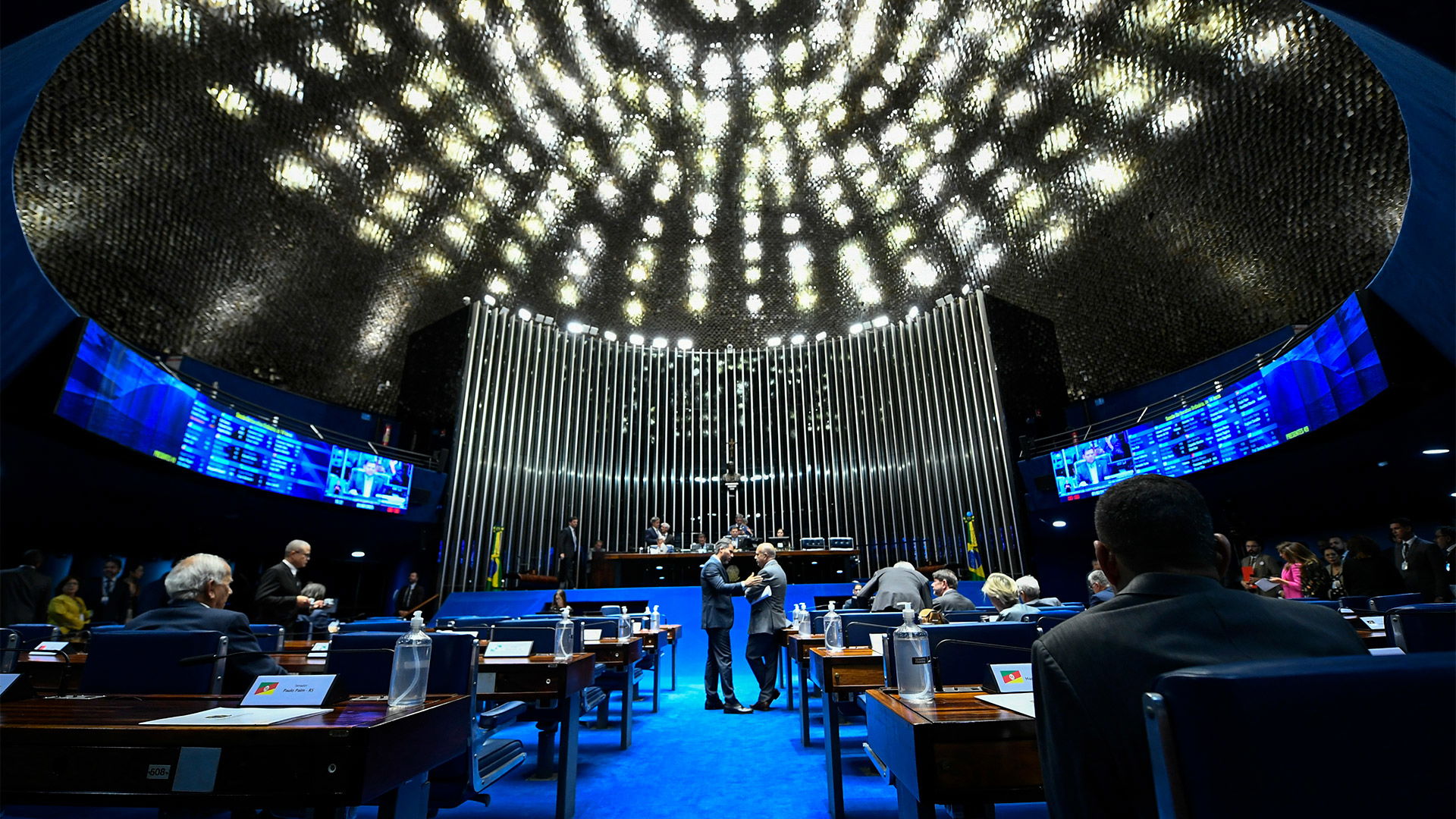Gambling bill will not jeopardize jobs - Trindad and Tobago official

Minister of Finance Colm Imbert said on Friday that the Gambling (Gaming and Betting) Control Bill 2016 will help to boost employment and stimulate economic activity in the Trinidad and Tobago.
“We are satisfied that once the sector is regulated it can be a serious boost for employment, for economic activity, for tax revenue, for entertainment in Trinidad and Tobago. I don’t think anybody should have any fear of losing any jobs, because once there are proper regulations in place and these casinos come out of the shadows and come into the light, there would no problem with people gaining meaningful employment, I expect to see an expansion,” he said.
““I would like to assuage the fears of any person currently working in this industry, our intention is to legalize this unregulated sector and offer, sustainable, meaningful and safe employment in this sector, he added
”
In presenting the Bill, which needs a special majority to be passed, Imbert said Trinidad and Tobago is probably the only country in the western hemisphere that has such a thriving gambling and gaming industry that is unregulated.
Reports from the Caribbean Financial Action Task Force (CFATF) and Gaming Laboratories International (GIL) confirms this.
GIL, who was contracted as a consultant to the Government to develop a modern gaming industry, said in its report that “despite a law that makes common betting houses illegal, the gaming market has grown hastily and without the type of controls one would expect from a country of Trinidad and Tobago’s status and economic resources. Notwithstanding restrictions in the Gaming and Betting Act of 1963, it was drafted in a manner that allowed it to be interpreted to allow private members clubs and amusement machines that are largely unregulated and licensed through local authorities.”
““Imbert said while there has always been gambling in Trinidad and Tobago, amendments to the Registration of Clubs Act and the Liquor License Act
”
“In the late 1990s, the Registration of Clubs Act, Chapter 2101, was amended to facilitate the use of electronic gaming machines and table games. Unfortunately, the changes made to Act were done without the necessary framework to regulate the mushrooming of such games. The consequence of this is that an unregulated subsector of the gambling industry has developed. Particular concerns have arisen with the proliferation of so-called private members clubs which operate in effect as commercial casinos,” he said.
The Liquor Licensing Act, he said, allows for no more than 20 amusement games in licensed premises and together these two factors combined allowed gambling to explode, with over 200 private members clubs, and an estimated 20,000 amusement gaming machines operating in 4000 bars and pubs across the country.
The gaming sector, he said, has a turnover of $12 billion per annum.

















